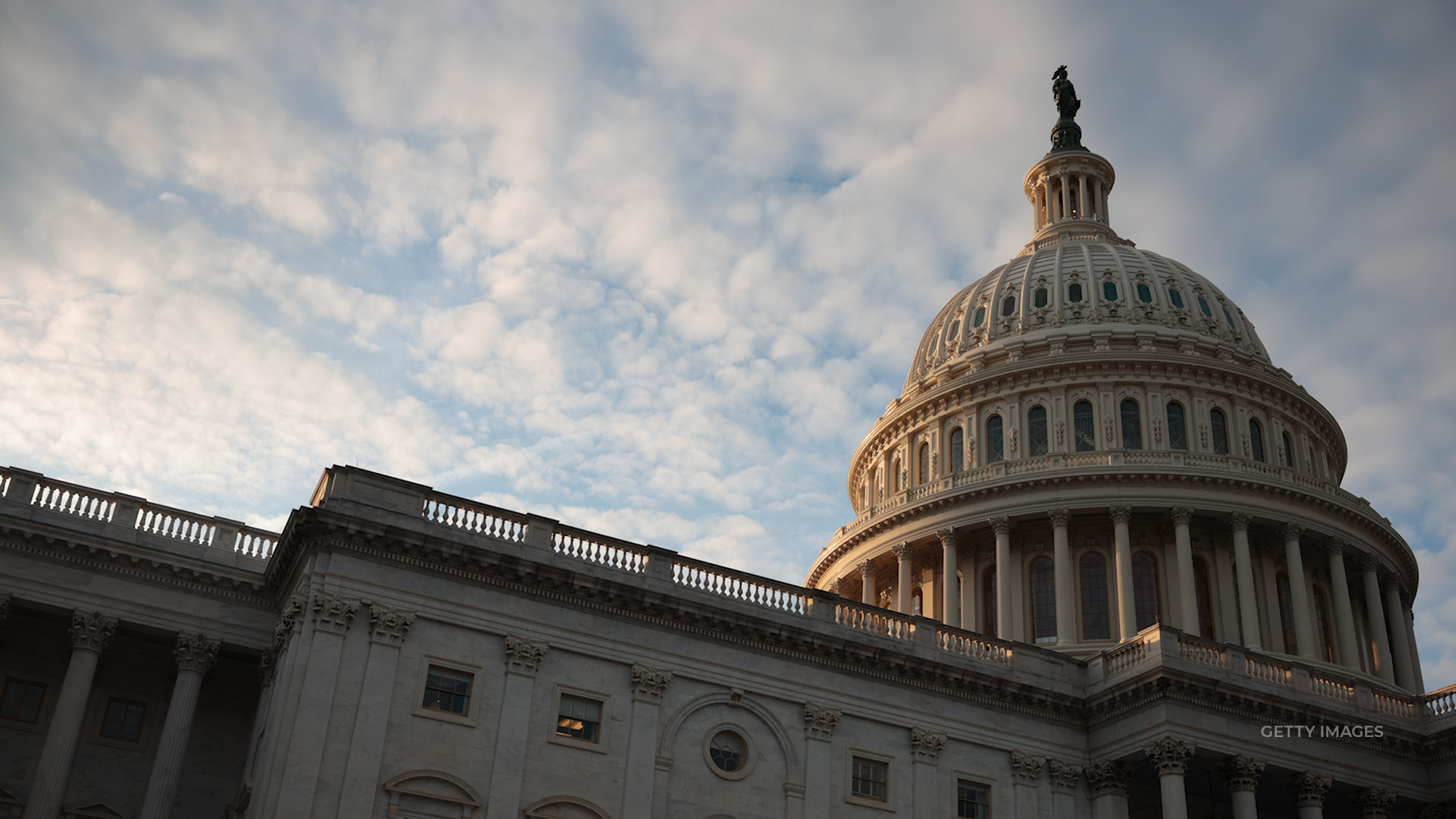
Senators on Capitol Hill reacted to the end of emergency COVID allotments for the SNAP food program. Congress created the benefit to ease financial burdens during the pandemic, but they ended Feb. 28.
“Let’s get real about the struggles that many families face in America, whether it’s paying off a student loan, or putting bread on the table. For many of us, we don’t give it a second thought. For others, it really controls their lives,” Sen. Dick Durbin, D-Ill., said.
The emergency allotments gave SNAP recipients at least an $95 per month, depending on family size and income.
“I think there needs to be a soft landing. We’ve learned a lot from these COVID relief programs. A lot needs to be incorporated on ongoing help. We know that there are still needs out there and we need to provide those, that help to those vulnerable people,” Sen. Ben Cardin, D-Md., said.
Straight Arrow News asked lawmakers if there is a way to provide a “soft landing” for those who are losing the benefit at a time when food prices are up 10.1% compared to January 2022.
“We should not be engaging in a soft landing. There should be no landing. We need to continue the SNAP benefits at a time when American families are struggling,” Sen. Richard Blumenthal, D-Conn., said. “What more viciously unfair, unwise time to end SNAP benefits then when food prices are rising and the American people are struggling, especially our most vulnerable and our children. So what I want to see is those SNAP benefits extended.”
Funding for SNAP increased throughout the COVID pandemic from $65 billion annually in 2018 to an estimated $127 billion in 2023. The Congressional Budget Office estimates the government will spend more on SNAP over the next decade than the previous two decades combined.
“The pandemic and inflation drove some of these cost increases but let there be no doubt that the largest driver was a decision by the leadership of the Food, Nutrition, and Consumer Services (FNCS) mission area to abandon 40 years of precedent and increase SNAP benefits by 21% to record-high levels, levels that are unsustainable,” Sen. John Boozman, R-Ark., said during a recent Congressional hearing on federal food benefits.
Lawmakers will have to provide funding for SNAP and other nutrition programs in the yearly Farm Bill.










